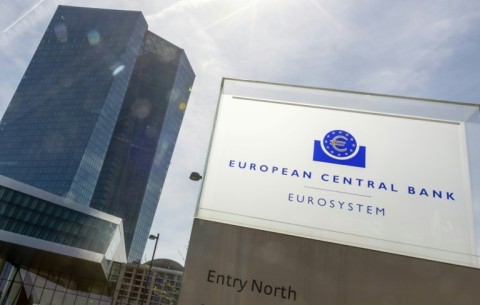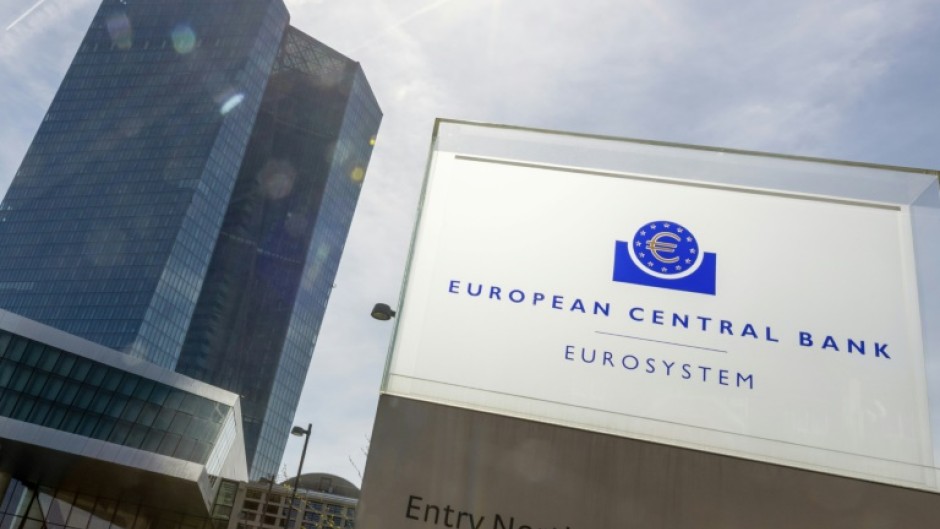
Asian markets were mixed in early trade on Thursday, after the Federal Reserve soured the mood on Wall Street by not only raising rates but also indicating that it would not cut them any time soon.
All three major US indices declined along with the dollar after the Fed's latest hike, while recession worries drove US oil prices below $70 a barrel, where they remained on Thursday.
Hong Kong, however, bucked the slide on Wall Street to post solid morning gains of around one percent, driven by commerce and industry stocks.
Chinese shares got off to a shaky post-holiday start with early losses on the CSI 300, though the index managed to claw its way back into the green by late morning.
Sydney, Seoul, Wellington and Singapore were down, while Taipei, Jakarta and Manila were up.
Following an up day on European bourses, US stocks initially rose after the Fed hinted that Wednesday's rate hike could be its last.
But after veering in and out of positive territory, shares fell decisively once Fed Chair Jerome Powell ruled out rate cuts in 2023.
The attention now shifts to Thursday's meeting of the European Central Bank, which is expected to deliver another rate increase of its own.
Oil, meanwhile, was still down on Thursday after taking a hit over worries about weaker demand due to an economic slowdown.
US benchmark WTI was trading below $69 a barrel after hitting its lowest price since OPEC+ cut output a month ago.
- 'Bad news' for crude -
Oanda's Edward Moya said in a note that the Fed's decision to press pause on further rate hikes signalled it was becoming more worried about economic activity, which was "bad news" for the crude outlook.
"The focus will shift to OPEC+ and they might be in a position where if they want to stabilize prices, they need to deliver on previously announced production cuts and signal that more are coming," he said.
Also on investors' minds were fears that Democrats and Republicans might fail to strike a deal on raising the US debt ceiling, triggering a damaging default as early as June 1.
The White House warned Wednesday that if the US government stopped meeting its financial obligations, the resulting economic shocks could cause a six percent drop in GDP and a 45 percent stock market drop.
Meanwhile, shares of regional US lenders remained under pressure as fears swirled about the health of the banking sector.
SPI Asset Management's Stephen Innes said in a note that "even as the Fed gently taps the pause button, it's been disappointing for stocks as index investors are caught up on the messy debt ceiling and regional banking backwash".
"Looking at the markets today, investors appear to be assuming a more defensive approach, with traditionally 'safe' asset classes like Gold and bonds moving higher and oil precipitously lower," he added.

